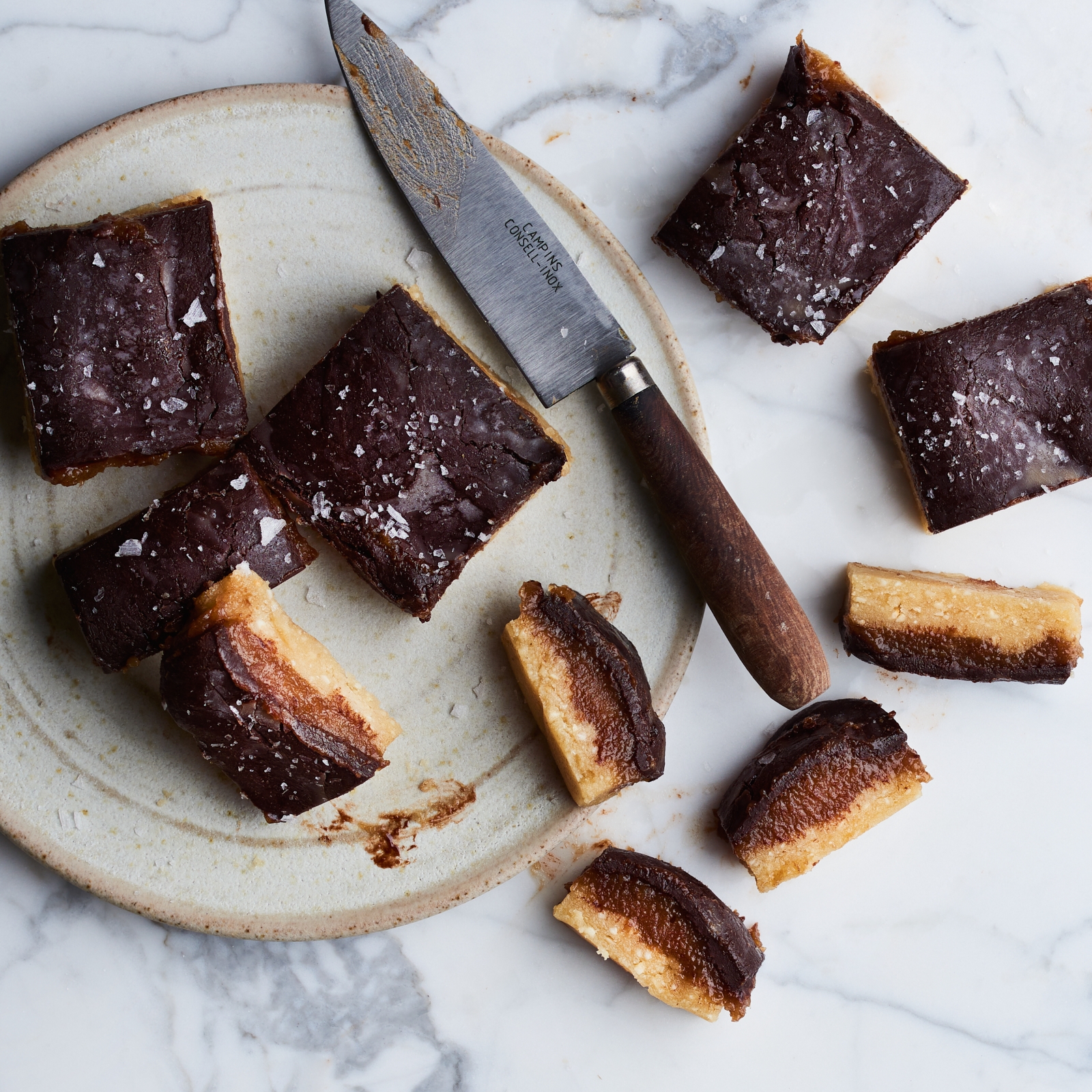13 Jun, 2019
The truth about carbs
The popularity of low-carb diets and the realisation of the true impact that sugar and other highly processed varieties can have on our health and waistlines have made carbohydrates the poor relation of healthy fats and proteins. But are they really that bad for us? Rob Hobson explains more.
HealthCarbohydrate foods have historically been considered as the staple main component of a dish but in recent years the attitudes towards these foods in the diet have changed. The popularity of low-carb diets and the realisation of the true impact that sugar and other highly processed varieties can have on our health and waistlines have made carbohydrates the poor relation of healthy fats and proteins.
But are carbohydrates really that 'bad' for us? Do they make us gain weight? Do they cause diabetes? Rob Hobson explains more…
Carbohydrates are a staple food worldwide
Carbohydrate foods such as pasta, bread and rice are essential to many nations diets as they offer an economical way to prepare a nutritious meal. Humans have been eating carbohydrate foods for a very long time and many of the healthiest populations such as the Okinawans and other Asian communities regularly include them with most meals. Closer to home the explosion in obesity and overweight has come partnered with overconsumption of food in general but many of these foods include sugar and highly refined grains. In summary, it’s less about carbohydrates per se and more about the type of food you choose to eat and how much you eat of it.
What are carbs?
These are one of the three macronutrients that provide energy along with proteins and fats. The majority of foods contain a combination of each macronutrient in varying quantities. Carbohydrates provide the body with four calories per gram and are all converted into a simple sugar called glucose which is the body’s preferred source of energy (most importantly to fuel the brain).
Not all carbs are created equally
Sugars are classed as either being intrinsic, such as those found naturally in fruits, vegetables and milk or extrinsic, which includes table sugar, fruit juice and natural sweeteners such as honey, agave and maple syrup. In the absence of fibre (found in fruit), extrinsic sugars are broken down very quickly in the body.
Starches, made up of many sugar units bonded together, are found in foods such as bread, rice, potatoes and pasta. The more refined starchy foods such as white pasta and rice have a much lower amount of fibre than wholegrain varieties such as brown rice and oats so are also broken down quickly in the body.
Fibre is the name given to a range of compounds that are found in the cell walls of plants. Fibre helps to slow the breakdown of carbohydrate foods and has less of an effect on blood glucose levels. This nutrient also helps to maintain fullness and has been shown to have multiple benefits to health including a reduction in the risk of heart disease and bowel cancer. Good sources of fibre include wholegrains (oats), pulses (beans and lentils), quinoa, nuts and vegetables.
Do carbs make you put on weight?
When you eat carbohydrate foods they are broken down into glucose. At this point the body releases insulin which signals to the liver, muscle and fat cells to take up glucose to be used as a source of energy. Glucose is also stored in the liver and muscles as glycogen, but this is limited so any excess is stored as fat.
In today’s society we all know where our next meal is coming from and because carbs are cheap and readily available many of us rely on them when choosing something to eat. This doesn’t mean that carbs necessarily make you fat as any food eaten to excess can lead you to put on weight but these foods are much easier to overeat and those that are highly refined do not keep you full for long before you start to feel hungry again. In some cases, this can lead to weight gain.
The other side of the coin in that high fibre carbohydrate foods may help to maintain a healthy weight when eaten in sensible portion sizes as the fibre helps to bulk out the diet and keep you feeling full. Also, don’t assume just because you are avoiding carbs that you will not experience the effects of excess glucose and fat storage as in their absence the body can convert protein to glucose.
There may be something in the genes
Interesting research has suggested that our genetic makeup may dictate how we manage carbohydrates in the body with some being more tolerable than others. Emerging studies have suggested that lower levels of the enzyme amylase (breaks down starch) may be associated with obesity.
Does sugar cause diabetes?
Type 2 diabetes is a complex condition and sugar is unlikely to be a direct reason or the only reason why
the condition develops. Where sugar plays a role is that eating excess can lead to weight gain and this is a riskfactor for type 2 diabetes. It’s very easy to overeat sugary foods and drinks but it’s also worth adding that fatty foods and drinks are just to blame for the nations expanding waistlines.
Should you cut out carbs from your diet?
You can easily live without sugar in the diet although people find it hard to give it up completely. To eliminate all carbohydrates would be tricky to do and not really necessary. There are many useful nutrients in carbohydrate foods including calcium, iron, B vitamins, zinc and fibre. Most people already eat too little fibre in their diet (only 9% of men and 4% of women eat enough on a daily basis) and eliminating one of the richest sources is not going to help matters.
My advice is to ditch the refined sugar and stick to sensible servings of ‘smart’ carbs which are unprocessed and high in fibre.
Rob Hobson is a registered nutritionist (BSc, MSc, AFN), published author and food writer. Rob has 15 years of experience working with some of the UK’s leading food companies, government agencies, NHS and private clients as well as regularly writing in the media for publications including the Daily Mail online.



